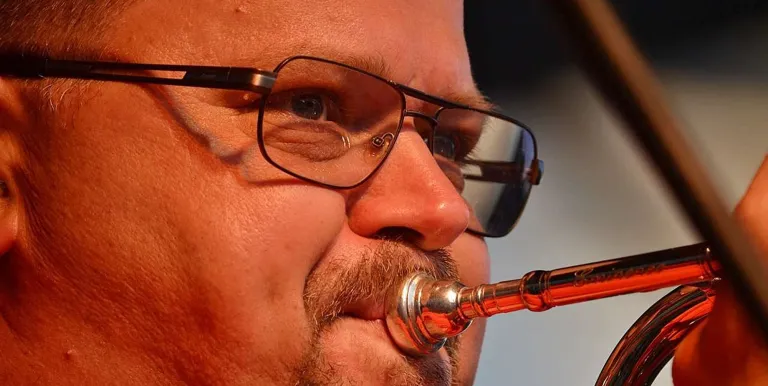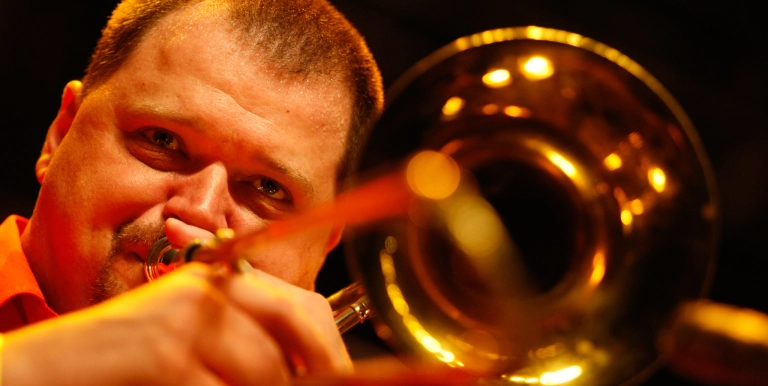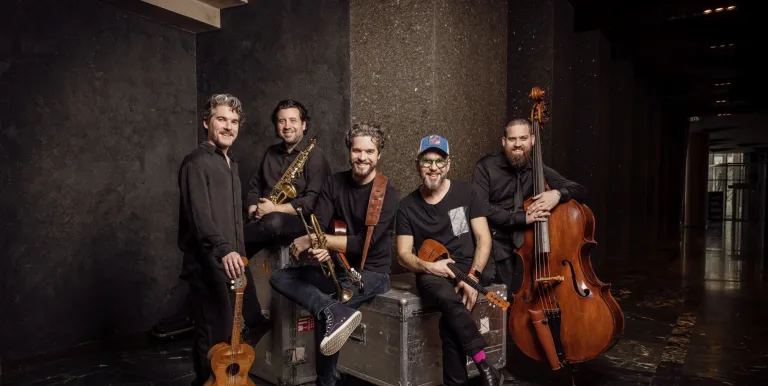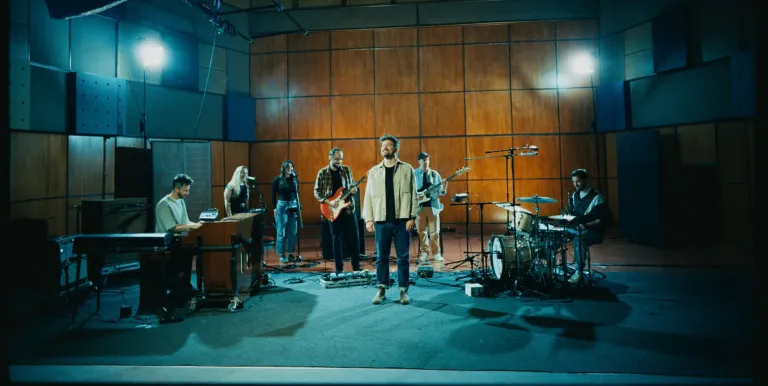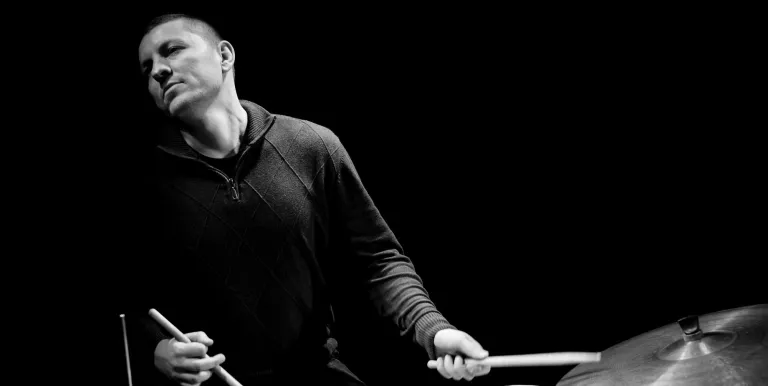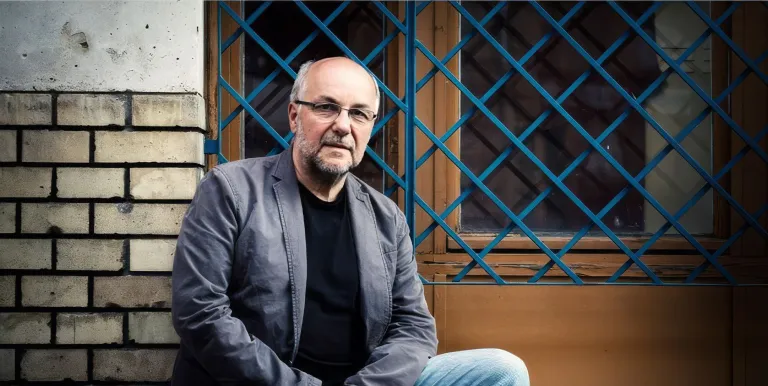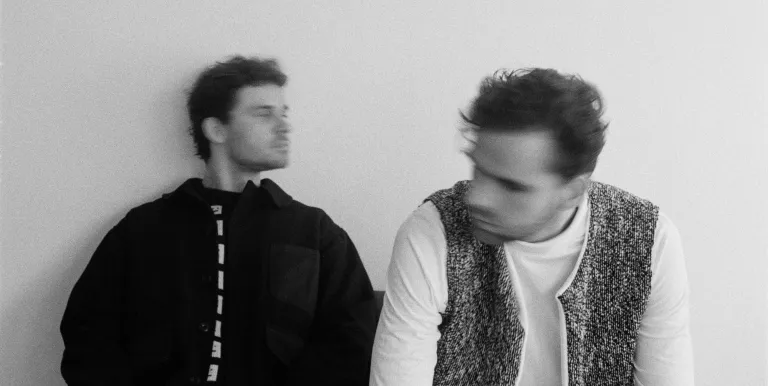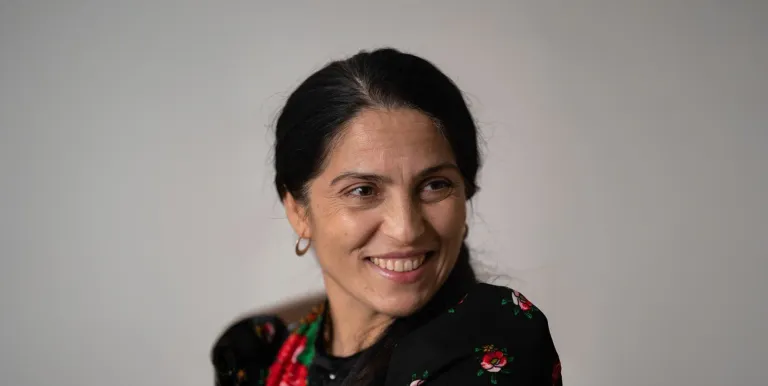Featuring:
Guest:
The concerts of the 13th New Orleans Swing Festival will pay tribute to some of the greatest figures of the Jazz Age. The festival's final evening will evoke the essential figure of George Gershwin and his work, which forms a bridge between classical and jazz music. While many of those interested in these genres may believe they are deeply familiar with the composer of Rhapsody in Blue and An American in Paris, few truly know where he came from and what nourished his art. Nor is it widely known that while he was born in America, Gershwin was of Russian Jewish descent, and that as a child he was mostly interested in sports, not music. However, after his parents bought a piano for his older brother, George Gershwin sat in front of the instrument all day improvising.
A Hungarian composer, Edward Kilenyi, played an important role in his studies, who from 1915 onwards taught Gershwin how to write music, musical theory and instrumentation and also introduced him to the works of Chopin, Liszt and Debussy. As a young man, he worked in a New York music store as a 'song plugger' - someone who played and sometimes even sang the hits of the day for shoppers. This is how he got to know the ins and outs of hit production, and the full repertoire of the popular music of the era.
The quintet assembled by Béla Szalóky, and complimented by the two outstanding international guests Frank Roberscheuten and Rossano Sportiello, will show us what an important role one of the most influential composers of the 20th century played in the formation of classic jazz and swing.
Presented by: Müpa Budapest
-
We wish to inform you that in the event that Müpa Budapest's underground garage and outdoor car park are operating at full capacity, it is advisable to plan for increased waiting times when you arrive. In order to avoid this, we recommend that you depart for our events in time, so that you you can find the ideal parking spot quickly and smoothly and arrive for our performance in comfort. The Müpa Budapest underground garage gates will be operated by an automatic number plate recognition system. Parking is free of charge for visitors with tickets to any of our paid performances on that given day. The detailed parking policy of Müpa Budapest is available here.

